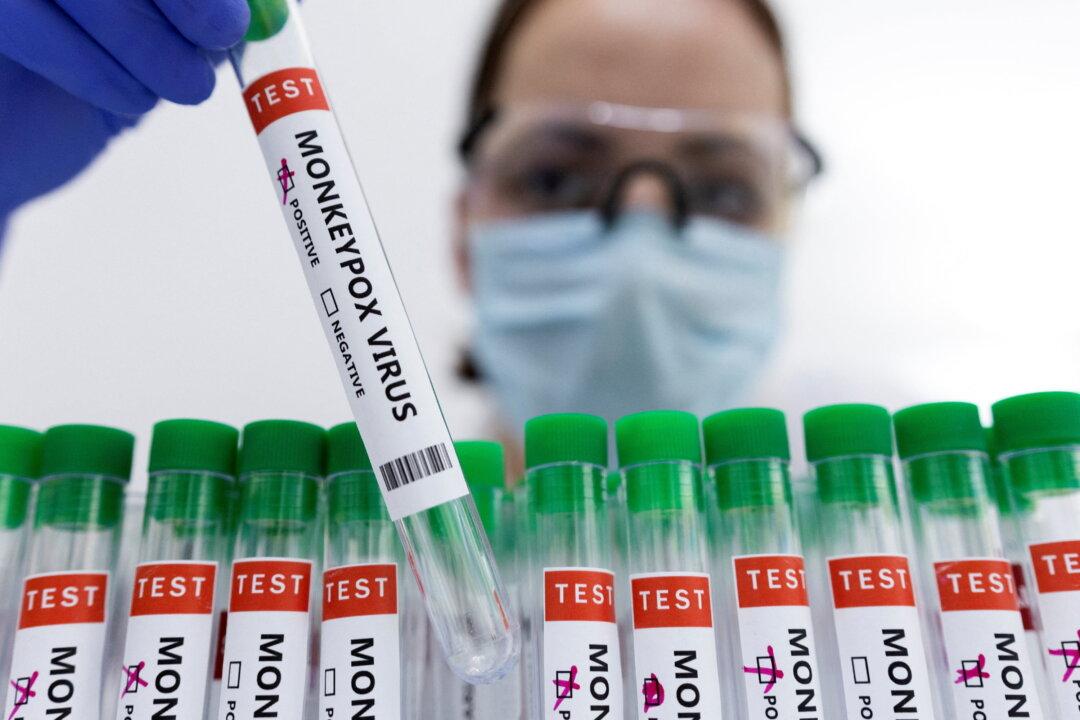Monkeypox has been declared a global health emergency by the World Health Organization (WHO), joining COVID-19, which the international agency continues to label as such nearly two and a half years after it was first declared.
“I have decided that the global monkeypox outbreak represents a public health emergency of international concern,” WHO Director-General Tedros Adhanom Ghebreyesus said in a July 23 statement.





